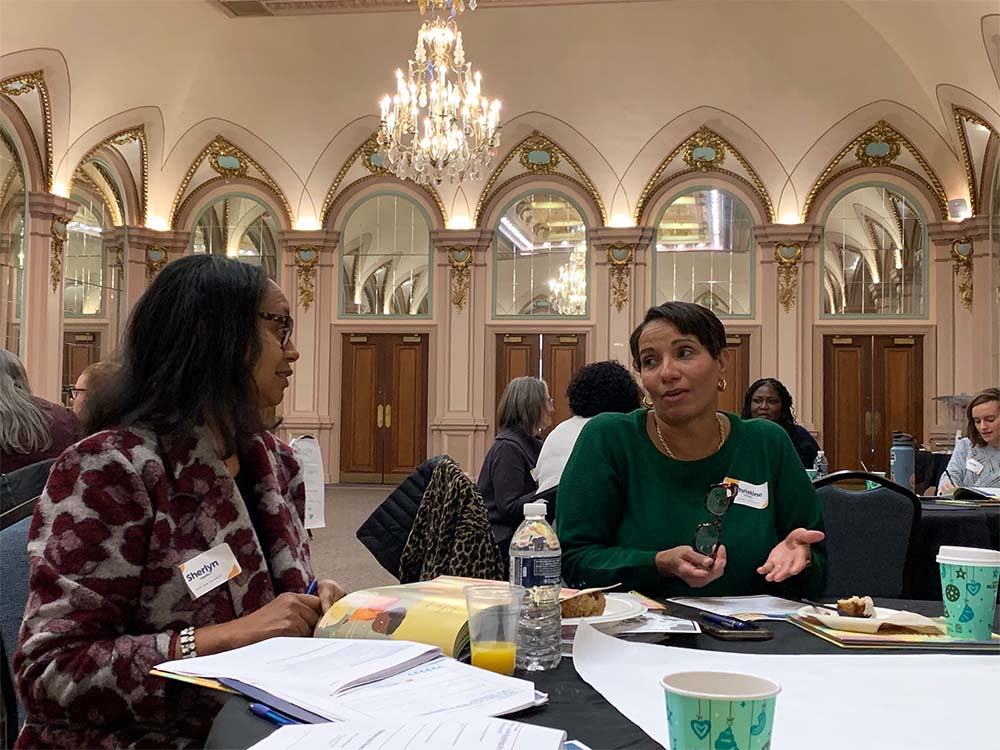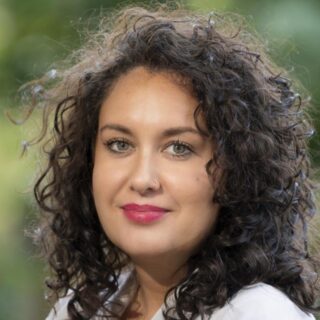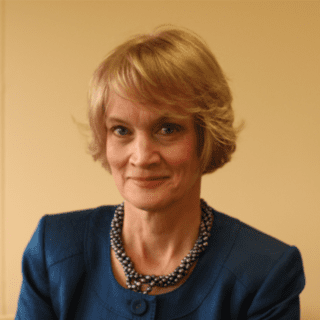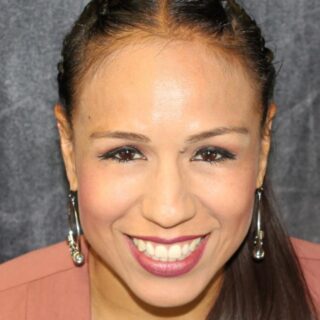
Building a Social-emotional Learning Ecosystem
After receiving a $1 million grant to enhance K-12 social-emotional learning (SEL) in Pittsburgh-area school districts, the University of Pittsburgh Office of Child Development (OCD) was challenged to come up with an approach to make the biggest impact in just one year.
“Our team decided to invest in adult learning and connection,” says OCD Director Shannon Wanless. “By building a network of adults around this topic, then they can use that network to continue learning about SEL and supporting each other in the future.”
Through the grant, funded by Allegheny County Health Department (ACHD) and Allegheny Intermediate Unit (AIU), OCD created six communities of practice that, collectively, encompass various roles that support children and youth in Allegheny County. The communities of practice are for early childhood educators, school leaders, elementary educators, family center staff, families, and higher education professionals.
The groups are meeting six times between October 2023–May 2024 to learn and discuss SEL practices that center racial equity. Each session is centered on a racially affirming children’s book that guides conversations around creating community, building relationships, shifting perspectives, expanding awareness, turning self-awareness into action, and cultivating hope.
“Discussions about racial equity can be a difficult topic for people to openly talk about,” says Wanless. “Picture books can be a magic tool because they elicit emotion and engagement, and softens a group so they are open to a more vulnerable or productive conversation.”
Addressing Social-emotional Wellbeing
The national nonprofit Collaborative for Academic, Social, and Emotional Learning defines SEL as “the process through which all young people and adults acquire and apply the knowledge, skills, and attitudes to develop healthy identities, manage emotions and achieve personal and collective goals, feel and show empathy for others, establish and maintain supportive relationships, and make responsible and caring decisions.”
“Social-emotional learning is a set of skills to learn how to build a relationship with yourself and with others,” says Wanless. “Just like we learn math, reading, and science skills, social-emotional learning is something you learn and develop a practice for.”
The Pitt OCD communities of practice are part of a larger initiative called Supporting Expansion and Enhancement of K-12 School-Based Social, Emotional Supports (SEEKS SES), which is funded by ACHD and managed by the AIU. Project SEEKS SES aims to support 10 Allegheny County school districts in addressing trauma, behavior, and mental health issues that were exacerbated in the aftermath of COVID-19.
Efforts to address SEL span beyond K-12 schools.
In a 2023 advisory about the nationwide public health crisis of loneliness, isolation, and lack of connection, United States Surgeon General Vivek Murthy called for individuals, governments, workplaces, health systems, and community organizations to focus on deepening social connections.
“The epidemic of loneliness, anxiety, and disconnectedness in our country are crises that have built over time and were exacerbated by the pandemic, but are not solely because of the pandemic,” Wanless says. “There’s robust research on how social-emotional learning increases academic outcomes and engagement, increases the likelihood of getting a job or staying in a relationship, and prepares us for a lifetime of being part of families, friendships, and communities.”
Applying SEL Practices in Higher Education
When Victoria Sabo learned about the opportunity to join the community of practice for higher education professionals, she was inspired to engage in conversations about the practical applications of SEL.
“I want to learn how to do this work in a way that is engaging and where you have buy-in from people who normally wouldn’t look at social-emotional learning as effective, and who may even see it as a hindrance,” says Sabo, a health coordinator for the OCD Early Head Start program.
Sabo says the SEL sessions have been rich experiences in which participants are willing to do the work, have deep conversations, and be self-reflective.
“Seeing the humility in the work and centering each other’s voices is necessary to seeing how we can move forward,” says Sabo. “It’s a relationship that is affecting change.”
Hayley Weddle, assistant professor in the Pitt School of Education, is also a member of the higher education community of practice, which includes 37 faculty and staff across the University of Pittsburgh as well as Carlow University, Community College of Allegheny County, Duquesne University, Point Park University, and Robert Morris University.
“I was inspired to join the community of practice because I am passionate about fostering connection and a sense of belonging in my Pitt classes,” says Weddle, who teaches in the Department of Educational Foundations, Organizations, and Policy. “I am also always excited about the opportunity to build relationships with colleagues from other departments and campuses.”
Weddle says the sessions have been a wonderful way to collaborate with colleagues across the region on strategies to promote SEL.
“The community of practice is a creative space that pushed me to think beyond my existing routines,” says Weddle. “It has been a lovely reminder that community-building does not happen by accident, and requires intention and care.”
All six communities of practice will come together for joint sessions on March 28 and May 22 to learn from each other, share resources, and build connections to create a sustainable network that champions SEL.
“It would be fantastic if the 450 people across these communities of practice bump into each other in their daily life, in their neighborhoods, and in their work,” says Wanless. “The goal is to have a strong community that can work together for years to come.”




